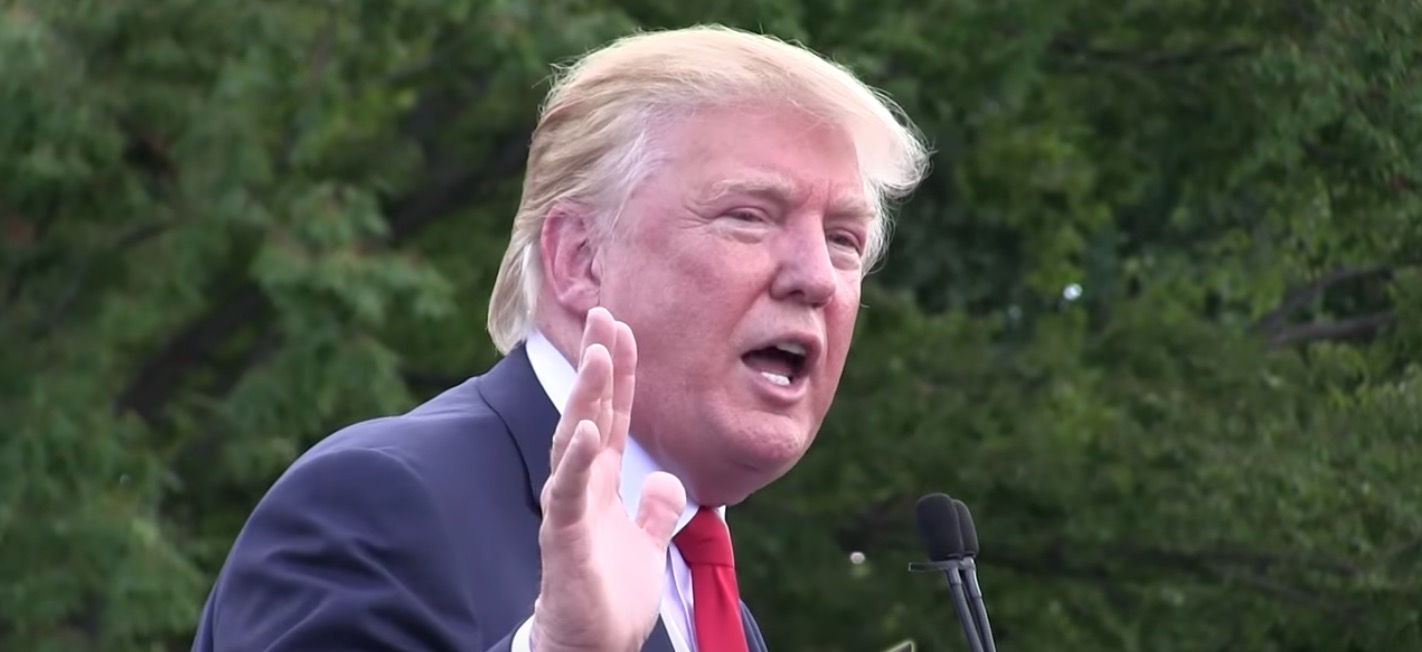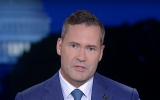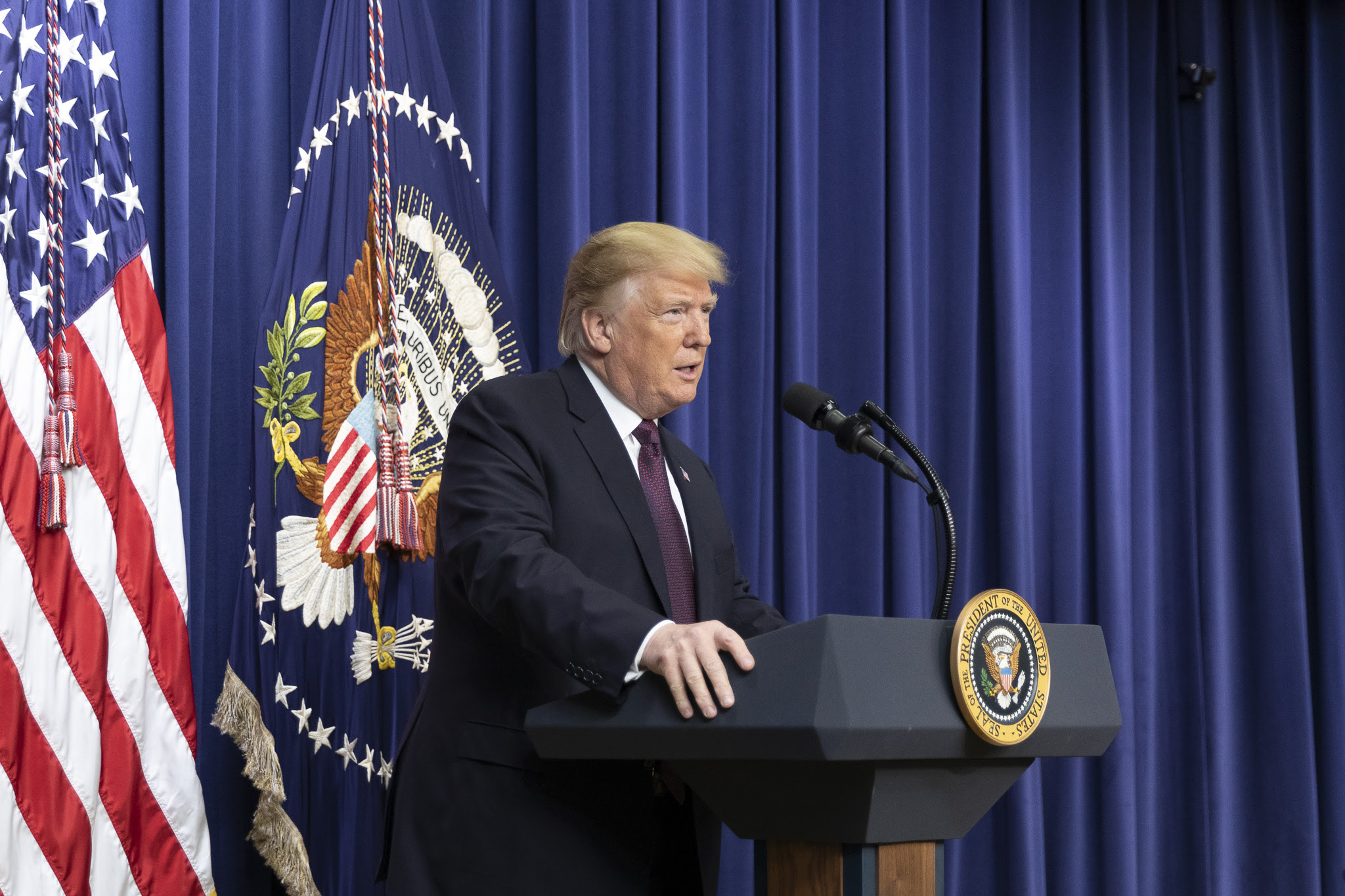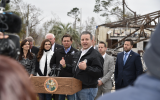Retiring South Florida Representative Ileana Ros-Lehtinen is calling for the Trump administration’s need to protect U.S. interests in Syria. She is the chairwoman of the U.S. House subcommittee on the Middle East and North Africa, and the piece comes after last week’s hearing on U.S. Policy with Syria.
In the hearing, Ros-Lehtinen argued that “With at least a half million killed, millions more displaced, and the security of the United States and our allies on the line, the administration owes it to the American people to put forth a comprehensive, effective, and most importantly, achievable, strategy for Syria. After more than seven years of conflict, I am deeply appreciative of our men and women, both in and out of uniform, who have contributed so much of their time, energy, and in too many cases, their lives, in the effort against ISIS and for Syria. Likewise, too many good Syrians have been taken from us, many of whom who were simply families trying to escape the brutality of both ISIS and the Assad regime. And many of whom, like the pro-democracy leader Raed Fares who refused, despite threat after threat, to give in to the murderers and terrorists who took over his country. With assassinations like Raed’s, regime forces continuing to prepare for an offensive in Idlib, the demilitarized zone hanging on by a thread, and chemical weapons used once again this past weekend, it is important that we take a more active approach like Ambassador Jeffrey advocates, to not only prevent another humanitarian disaster and more loss of life, but finally address the root cause of this conflict: Assad and his regime.”
She added that she is “concerned that we aren’t prioritizing stabilization assistance – in areas liberated from ISIS as well as those targeted by Assad. This does not mean reconstruction assistance, but it does mean the kind of basic services and stabilization needs that would allow local communities to be more independent and resilient, and less susceptible to pro-Assad forces. As Hanin Ghaddar testified at part one of this hearing, Iran and Assad are ethnically and religiously cleansing Sunni communities to create demographic facts on the ground. And if we don’t start to help Syrian communities resist those forces, we are leaving more areas of Syria ripe for Iran and Assad’s influence on one side of the spectrum and a resurgent ISIS on the other. As we’ve learned the hard way in Iraq and Afghanistan over the past 17 years, it is not enough to take out the bad guys and hope for the best. We must, with our partners, create the conditions to ensure they don’t come back.”
Finally, Ros-Lehtinen concluded that “We can’t afford to be cutting stabilization assistance – never mind humanitarian aid – when every other player, from Assad to Russia to Iran to Turkey to China, is deeply involved and working to shape a new Syria that will undermine U.S. security interests. I look forward to hearing from both our witnesses how the administration plans to protect U.S. interests in Syria and exactly how each of its programs, goals, and objectives fit into, what I hope, is a strategy for the long-term.”

















